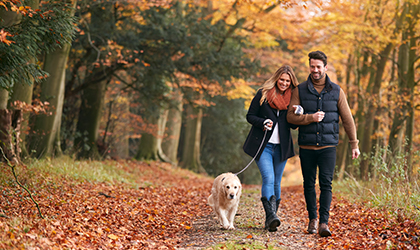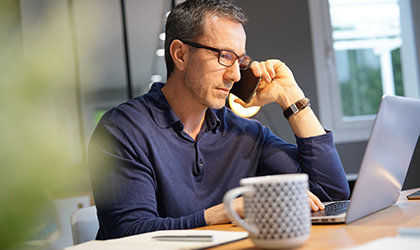
When the global Covid-19 pandemic was announced last March, there was no knowing how long it might last. By now, many of us realise that navigating a global pandemic is more of a marathon than a sprint. It is important to look after yourself.
Tackle Covid-somnia
With sleep disturbances on the rise during the pandemic, experts have coined this new form of insomnia, ‘Covid-somnia’. If this sounds familiar, rest assured, you’re not alone. For many people, the ubiquity of social isolation, anxiety, and grief has made quality zzz’s elusive and unattainable. But since good sleep is foundational for good health – especially immune health – it’s worth arming yourself with sleep hygiene practices to conquer so-called Covid-somnia.
Stick to a healthy sleep-wake routine
Although you might not have a train to catch in the morning and can afford to stay in bed a little later, you should try to go to bed and wake up at the same time each day during lockdown. This routine can help build a healthy internal clock and lead to better quality sleep.
Practice good personal hygiene
The human body runs on a sophisticated system of inner rhythms. And establishing a healthy bedtime routine is one such way to support them. Following the same rituals every night, 30-90 minutes before bed, trains your body and mind to wind down for rest. And since life is more stressful and overwhelming these days, these wind-down rituals should be relaxing: soak in a hot bath, light an aromatherapy candle, practise meditation, do a few minutes of deep breathing, or read a book by a soft lamp.
Be careful of the sleep saboteurs
The sedative effects of alcohol, energy-boosting properties of caffeine, stimulating qualities of blue-light emitting devices and anxiety-inducing nature of the news are widely known to interfere with quality sleep. Set yourself some curfews:
-
Refrain from having caffeine after midday
-
Disconnect from electronic devices 90 minutes before bed
-
If you decide to have a tipple in the evening, have no more than one-two alcoholic drinks a few hours before bed
-
Avoid consuming the news at least two hours before bed
Valerian
Valerian is a traditional herbal medicinal product used for the temporary relief of sleep disturbances and mild anxiety.
Magnesium
A multi-tasking mineral, magnesium contributes to the normal functioning of the nervous system and muscle function, making it a popular choice at this time.
Epsom salts
A hot bath before bed is tried-and-tested advice for restful sleep. Epsom salts are rich in natural minerals, which help the body relax muscles when added to warm bathwater.
Lavender essential oil
Lavender has long been celebrated for its soothing and calming properties. Why not sprinkle this essential oil on your pillow or diffuse it in your bedroom before sleeping?
Other sources:
-
Hachette.co.uk. 2021. How to stay calm in a global pandemic. Available online: https://www.hachette.co.uk/wp-content/uploads/2020/12/How-to-Stay-Calm-in-a-Global-Pandemic-Free-ebook.pdf
Related Posts
Disclaimer: The information presented by Nature's Best is for informational purposes only. It is based on scientific studies (human, animal, or in vitro), clinical experience, or traditional usage as cited in each article. The results reported may not necessarily occur in all individuals. Self-treatment is not recommended for life-threatening conditions that require medical treatment under a doctor's care. For many of the conditions discussed, treatment with prescription or over the counter medication is also available. Consult your doctor, practitioner, and/or pharmacist for any health problem and before using any supplements or before making any changes in prescribed medications.

Olivia
Olivia Salter has always been an avid health nut. After graduating from the University of Bristol, she began working for a nutritional consultancy where she discovered her passion for all things wellness-related. There, she executed much of the company’s content marketing strategy and found her niche in health writing, publishing articles in Women’s Health, Mind Body Green, Thrive and Psychologies.
View More



